|
Director Robert Kenner and author Eric Schlosser on their cinematic doc: 'An out-and-out thriller that happened to be about a real thing'
What's the scariest movie of 2016?
Some might pick The Conjuring 2. or The Neon Demon. My choice, unquestionably, is Command and Control -- the new film from director Robert Kenner based on the book by Eric Schlosser. It's all the more terrifying because the story is real. Kenner and Schlosser, who previously teamed on Food, inc., explore America's nuclear weapons program and its disturbing record of near catastrophes. An academic subject, you might think. Not so in the hands of the filmmakers, who create a cinematic documentary as taut as a Hitchcock movie. It is a horror movie and the monster is the missile.
Kenner shot much of the documentary at the only remaining Titan II missile complex site in the U.S., an installation in Green Valley, Arizona that has been turned into a museum.
The site looks identical to one that used to exist near Damascus, Arkansas. Most Americans either weren't born or have forgotten that it was there in September 1980, on the road to Damascus, that a near-catastrophic accident took place that could have annihilated the state and contaminated untold thousands more in the path of the nuclear fallout. The incident began with what -- in another setting -- would have barely qualified as a mishap: 21-year-old Senior Airman David Powell was performing routine maintenance in the Titan II silo when he accidentally dropped a metal socket. It cascaded the length of the rocket, ricocheted off a platform and punctured the Titan II's fuel tank. Volatile vapors immediately hissed from the tank, setting off a race against time to prevent the rocket and its nuclear warhead from exploding. That warhead packed explosive fury 600 times more powerful than the atomic blast at Hiroshima.
SHARE THIS:
That incident is the primary disaster explored in Command and Control, but it's only one of many that have plagued our weapons program since the dawn of the nuclear age.
Command and Control is now playing in Los Angeles, Philadelphia, Washington, DC and Boston for a one-week engagement [you can also catch it at the Reykjavik International Film Festival if you happen to be visiting Iceland]. Nonfictionfilm.com spoke with Kenner and Schlosser at a cafe in the San Fernando Valley, shortly before the film's LA debut. Nonfictionfilm.com: Command and Control is as suspenseful as any Hollywood movie. Robert Kenner: It's a clock movie. It's nine hours to see if you can save the world... The book Eric wrote was an incredible story. But it took getting into the silo to turn it into a movie. We had the greatest Hollywood set you can get. Eric Schlosser: I think it is a thriller, like a techno-thriller, but it is a horror movie [too] and the monster is the missile. It's a scary monster that's gonna maybe kill everybody. Kenner: It was a chance to go make an out-and-out roller coaster movie that wasn't sort of a "medicine" film. It wasn't teaching you in an essay way -- like Food, inc. or Merchants of Doubt -- this was just an out-and-out thriller that happened to be about a real thing that hopefully you'll walk away and think about.
NFF: Was it eerie to be inside that silo in Arizona? The film is biblical. You're sitting atop armageddon or potential armageddon. What could be more profound?
Kenner: It's hard to fathom the power of that warhead. Schlosser: It also takes a lot of theoretical stuff and makes it very real and concrete. I grew up in the Cold War and you heard about these missiles and you heard about the arguments about how many we should have, etc., etc. and then when you go see one -- especially when you stand at the bottom of it and you look up -- it's an extraordinary sight. The other thing is how rudimentary the technology is... The Titan II was designed in the late 1950s-early 1960s and they built them like in '62, '63 and you're looking at Eisenhower-era technology restraining the most powerful nuclear warhead we ever built. So there's something very unsettling about that. To build a machine that could destroy the entire state of Arkansas and poison people up the east coast, that's a pretty crazy idea.
NFF: In your book and in the movie you reveal how accidents really are the norm for the nuclear weapons program.
Kenner: And then they try to cover it up. Damascus is representative of so many other incidents. It's easier to call it human error rather than systemic error, as if we should be relieved that's not a problem. Schlosser: The human error is to do this shit in the first place, to think that you can build these things and control them. To build a machine that could destroy the entire state of Arkansas and poison people up the east coast, that's a pretty crazy idea. And then to think that you're going to be able to manage it perfectly. Kenner: There's always something that's going to go wrong. Schlosser: Bob Peurifoy [engineer and nuclear safety expert] says at the end of the film as long as you have these weapons, [an accident] is going to happen. Could be a million years from now. It could be tomorrow afternoon at 3. Kenner: I thought the line from the Secretary of Defense [Harold Brown, SecDef 1977-81] -- when he found out the missile hadn't exploded and there was no uranium that had been scattered -- he forgot all about it because these things happened every day. That line's a showstopper, Related: The Russian Woodpecker asks, can an artist solve the mystery of Chernobyl?
NFF: It seems like in the post-Cold War era we don't think much about nuclear weapons.
Kenner: That's what drew me to this story besides wanting to do the thriller is the idea that it's the most important issue that no one's thinking about... The missiles are much safer today than they were then and perhaps there are other improvements. But our total sort of lack of concern has made it all that much more dangerous, as if we just don't want to think about it. It's escaped our consciousness and yet it could end the planet. How many times can you fuck up and not have a catastrophe? That's really one of the questions of the film.
NFF: You go into some detail about another accident that came to light, the one in Goldsboro, North Carolina. We dropped a nuclear bomb on North Carolina! [Note: In 1961 a B-52 carrying a nuclear payload broke up in flight. Details of the seriousness of the incident were only declassified in 2013]
Schlosser: That was the closest call. The bomb was dropped as though it was over the Soviet Union. It really could have very easily gone off and John F. Kennedy had been inaugurated just a few days earlier and that would have been a real bummer. That would have put a damper on the New Frontier to have to evacuate Washington, DC. Kenner: There were a number of safety switches on that weapon and every one failed but one. Schlosser: How many times can you fuck up and not have a catastrophe? That's really one of the questions of the film.
NFF: Given that an inadvertent nuclear explosion may be an inevitability, what do we do with that?
Schlosser: For me the lesson is we need some more humility about the technologies that we adopt and when it comes to nuclear weapons -- which is by far the most dangerous technology we've ever adopted -- we need a lot fewer of them. We need to prevent other countries from having them and we need to work towards getting rid of all of them. NFF: There are villains in the film in a sense, but it's also a story of heroism -- the Air Force personnel who risked their lives to prevent disaster. Schlosser: What's so tragic about the story is how all the little guys got stomped on and the guy who made the crucial decisions, his career was completely unaffected by it. Kenner: This guy Dave Powell [the Airman who dropped the metal socket], whose life was obviously thoroughly affected by that incident didn't tell his mother about what happened until three weeks ago [when] he took her to see the movie. Schlosser: The weight that they felt. The stigma, the shame. Kenner: It's a film about heroes... It's so much easier to just discard the little guys and create the illusion that the system's safe. Schlosser: They [military brass] felt like they needed to demonize the little guys in order to protect the system.
NFF: A final question. Republican presidential nominee Donald Trump reportedly has questioned the whole notion of taking a nuclear first strike off the table. What are your thoughts about him, based on the research you've done into the nation's nuclear weapons program?
Schlosser: When it comes to a presidential candidate we should apply the same criteria that we apply to enlisted personnel who want to be handling nuclear weapons. And if you're in the military, in order to handle nuclear weapons, you need to be emotionally stable, you need to have a history of personal integrity and truthfulness. You can't have any financial entanglements that would make you subject to blackmail. Kenner: To go to war you have to go to Congress. To fire one of these missiles the President has sole discretion. So if you're having someone who's unstable in any way it could be very dangerous -- whether a he or a she.
SHARE THIS:
|
AuthorMatthew Carey is a documentary filmmaker and journalist. His work has appeared on Deadline.com, CNN, CNN.com, TheWrap.com, NBCNews.com and in Documentary magazine. |
- Home
- News
- Videos
-
Galleries
- 2019 Tribeca Film Festival
- Full Frame Documentary Film Festival
- 2019 SXSW Film Festival
- SXSW 2018 Gallery
- 2019 Sundance Film Festival
- Outfest 2018 Photo Gallery
- Outfest 2017
- Sundance 2018 Photos
- 2017 LA Film Festival
- 2017 Cannes Film Festival
- Tribeca Film Festival 2017
- SXSW 2017 Gallery
- 2017 Berlin Film Festival
- Sundance 2017 Gallery
- 2016 Los Angeles Film Festival
- Cannes Film Festival 2016
- SXSW 2016 Gallery
- Berlinale 2016 Gallery
- Sundance 2016 Gallery
- Filmmaker Gallery
- About
- Contact
Proudly powered by Weebly
- Home
- News
- Videos
-
Galleries
- 2019 Tribeca Film Festival
- Full Frame Documentary Film Festival
- 2019 SXSW Film Festival
- SXSW 2018 Gallery
- 2019 Sundance Film Festival
- Outfest 2018 Photo Gallery
- Outfest 2017
- Sundance 2018 Photos
- 2017 LA Film Festival
- 2017 Cannes Film Festival
- Tribeca Film Festival 2017
- SXSW 2017 Gallery
- 2017 Berlin Film Festival
- Sundance 2017 Gallery
- 2016 Los Angeles Film Festival
- Cannes Film Festival 2016
- SXSW 2016 Gallery
- Berlinale 2016 Gallery
- Sundance 2016 Gallery
- Filmmaker Gallery
- About
- Contact

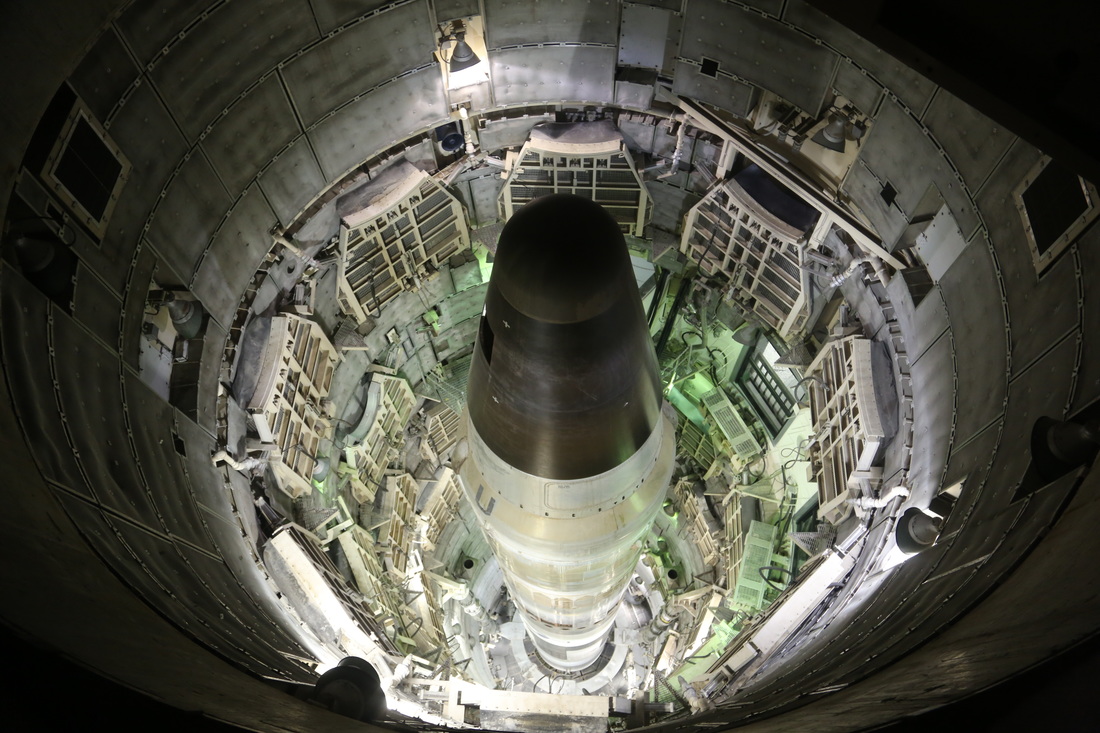
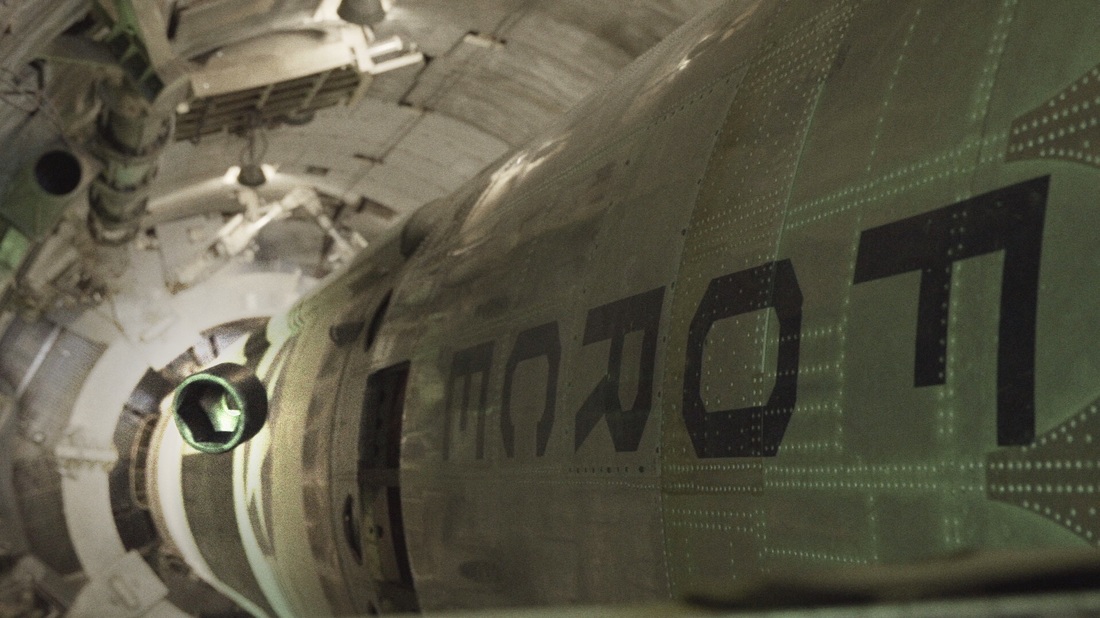
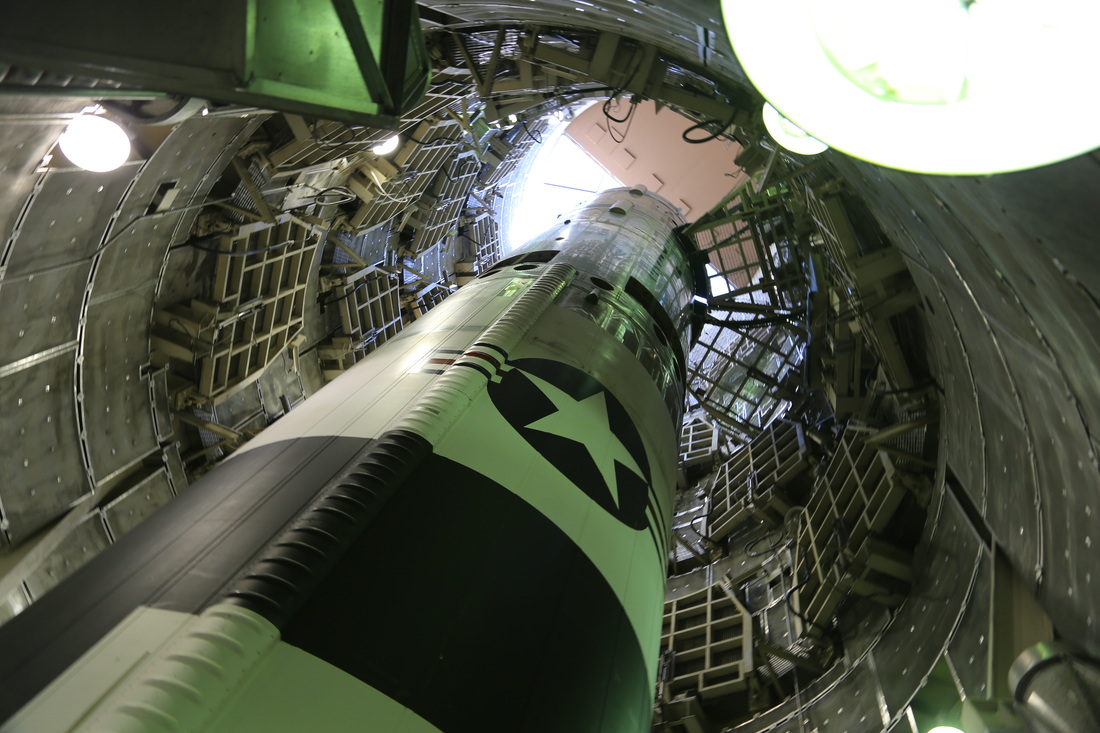
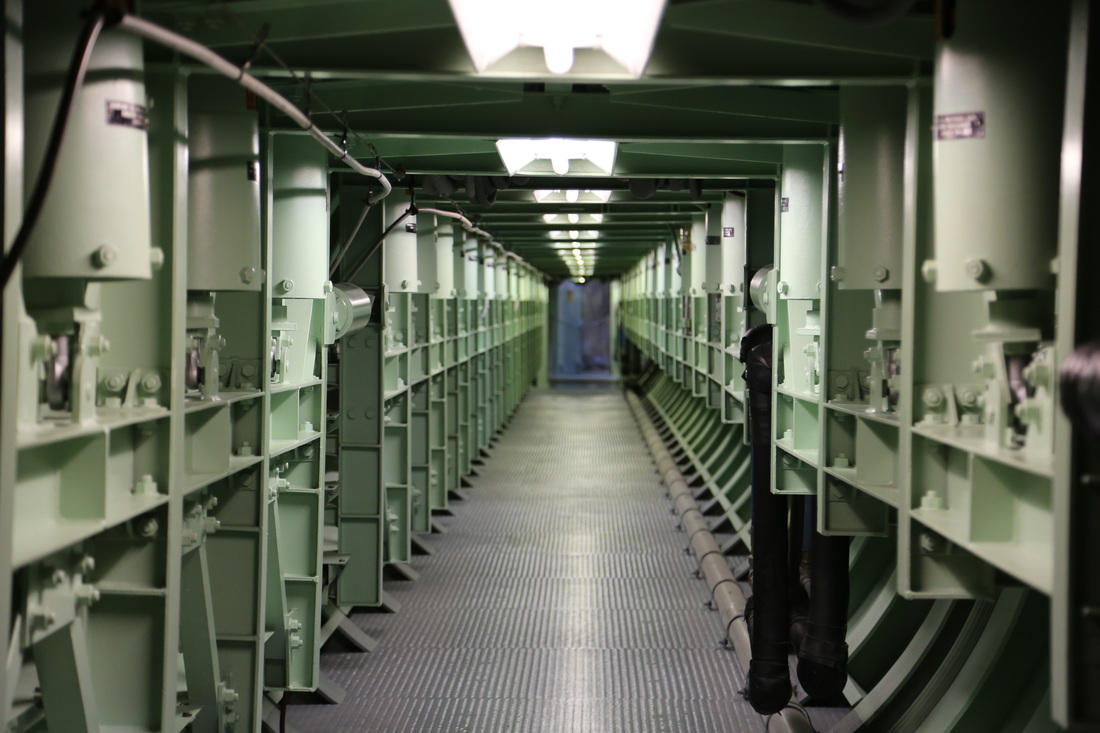

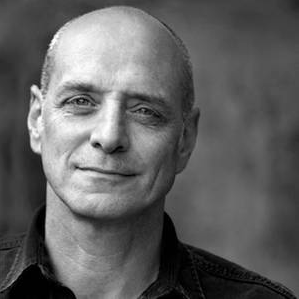
 RSS Feed
RSS Feed